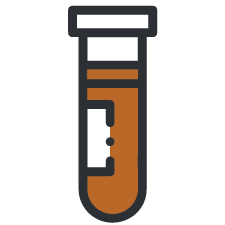Ambien is a Schedule IV prescription medication that is used to treat insomnia. It is a sedative-hypnotic drug that works by binding to GABA receptors in the brain. Gamma aminobutyric acid (GABA) is a neurotransmitter that helps to regulate sleep.
Also known as Zolpidem, Ambien can be an effective sleep aid when used as prescribed, but it also carries the risk of addiction. According to a recent study, approximately 9.5 million people in the United States used Ambien and other zolpidem products in 2017, and a significant portion of those individuals develop a dependence on the drug.
Ambien addiction is a serious problem, and it is important to know how long the drug stays in your system.







